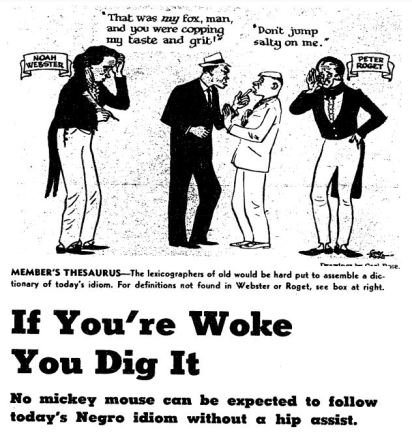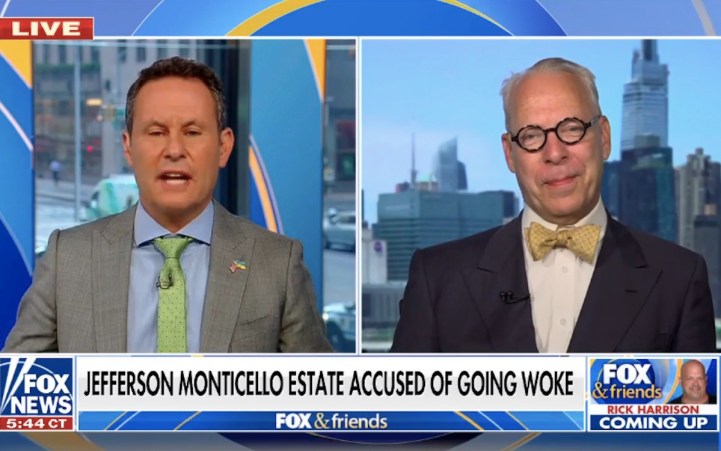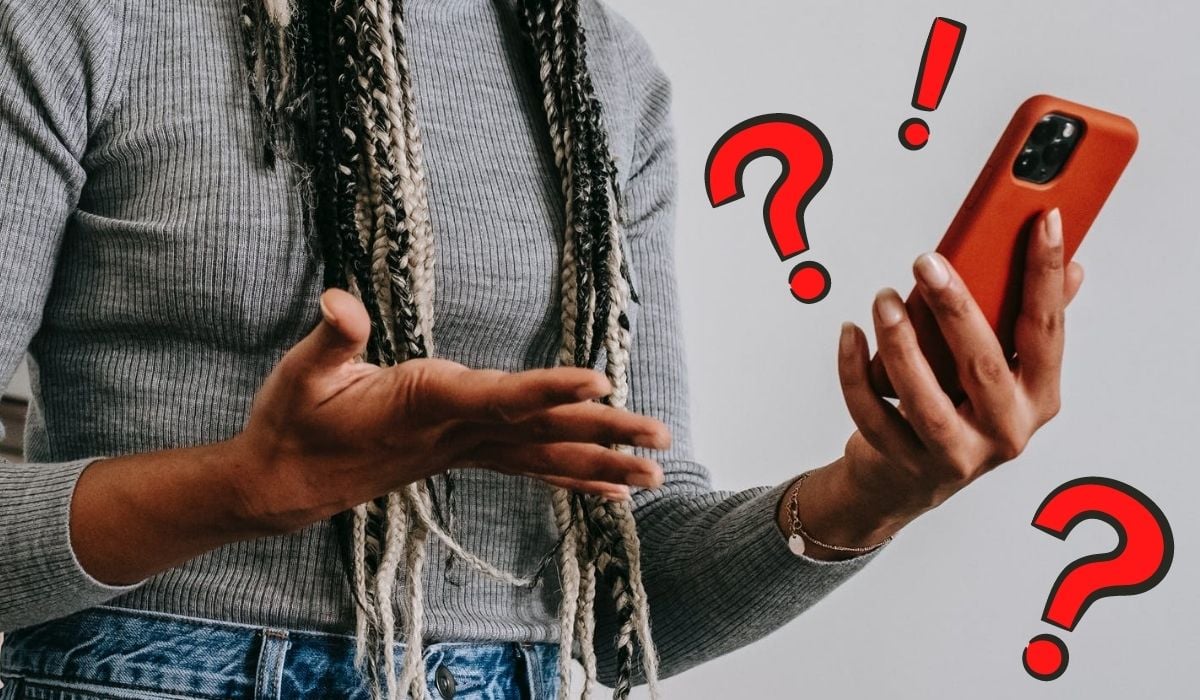Over the last few years, there’s been an increase of the use of the word “woke” in news media. Depending on the tone, if the word is written in all caps and without quotations, you can probably tell how the writer feels about the phrase as you enter the article rather than what the story is actually about. “Woke” in its modern capacity started as a word in African American Vernacular English (AAVE) at least as far back as the 1960s and grew in “mainstream” culture as rap was embraced by white youth. Since entering the larger political arena by means of appropriation, “woke” has become a nebulous word that means whatever very good or very bad thing you want it to mean.
The initial meaning was referring to a common understanding among Black people about how the world sees us and works against us. It worked as colloquial shorthand for “stay alert,” “stay informed,” and “I see you, we’re in this together.” It’s part of that becoming an adult early and realizing you’re Black before anything else, including gender, hobbies, occupation, religion, etc. In 1962 The New York Times featured the word in a headline concerning “today’s Negro idiom.”

This meaning had stayed pretty rigid (always connecting to Black people and racism) until the 2010s and 2020s, when political commentators changed it to mean anything they needed it to. However, most often, it’s a dig at the concept of political correctness (itself a fraught phrase, but bear with me), anything to the left of George Bush, historical nuance, people who don’t like your jokes, and so much more. In media commentary online, especially where pop culture is concerned, “woke” can simply mean a woman and/or person of color existing in popular nerd-adjacent media.
A shift in the force
Now the use of “woke” has basically transformed into a four-letter word. To be fair, the concepts of self-awareness, enlightenment, or being socially aware (all of which are almost interchangeably with the original meaning of “woke”) are pushed against as America has increased distrust for institutions and intellectuals over the decades.
Many of the people using this new version of the word have been on mainstream Republican news media. However, it’s leaving that nest as the new misappropriated meanings are used as campaign talking points and actual policy names like the Stop Woke Act in Florida (which a judge stated the bill’s text was incoherent).
While newspapers are no longer limited to super strict character counts, the media and social media users still fight for attention on an assortment of algorithms. In most circumstances, the use of this word in a headline or in any meaningful piece of writing is unnecessary and causes more harm than good. This is especially when the word is used without quotes. Sort of like the way lots of “isms” were written when it was taken a little less seriously than it is now. To outlets with access to the people saying “woke” with the biggest microphone, it’s up to them to push back and ask for clarification on what they mean by that.—if for nothing else but for clarity. The term has become a catchy catch-all utilized for whatever the topic of the day is that’s likely to rile up viewers.
Making it a brand

I’ve been really torn on even writing this because I’m going to call out some people that I don’t think are trying to cause harm. However, they absolutely do and should know better. (We are happy to call out outlets like Fox News, however, who gleefully use “woke” to indicate anything progressive whatsoever.) To be clear for all that don’t know, sometimes the person’s name on the article listed as the writer is not the person writing the headline and they have no say in the matter. Word on the street is that is the case in most situations, with editors or social media people jumping in, it’s just never been the case for mine. That being said, if you’re using it as an ongoing series title at a publication, you have to shoulder some of the blame.
In two articles on Vice News titled “Classic [enter a genre here], reviewed by Woke Teens,” a writer gives a nostalgic view (with some cutting commentary) about the era they watched these movies, shows the trailer for the movie, and then lists quotes from three teens per movie. Headline aside, this general idea had the potential to be an interesting look at shifting values, especially considering the teenage population is more diverse, more online, and dating habits have changed. However, it wasn’t. It was a hot mess—as expected when “woke” was used in the headline.
Firstly, teens in the ’90s would cringe looking at comedy movies from the ’50s or ’60s, or hell, even the ’80s. Tastes change, and you don’t have to be socially active to know this. Also, none of these look like full reviews and read like quick thoughts of the very highs and very lows. This series is edited like it’s for laugh, shock, and or anger like a Jubilee and Buzzfeed video. However, most importantly, this kind of criticism from these teens is not new.
Maybe they didn’t have the language to express it. I know there are tons of things growing up in media and in life that I didn’t sit right with me, and I didn’t know how to express that until years later. Instead of “woke,” the critics at this time were just called “over sensitive,” “feminist” (when it was more negative) or “killjoys.” Now a new word took over thanks to the misuse by mostly white writers and some people of color fighting for token status.
(featured image: Alex Green via Pexels)
—The Mary Sue has a strict comment policy that forbids, but is not limited to, personal insults toward anyone, hate speech, and trolling.—










Published: Oct 12, 2022 5:55 PM UTC